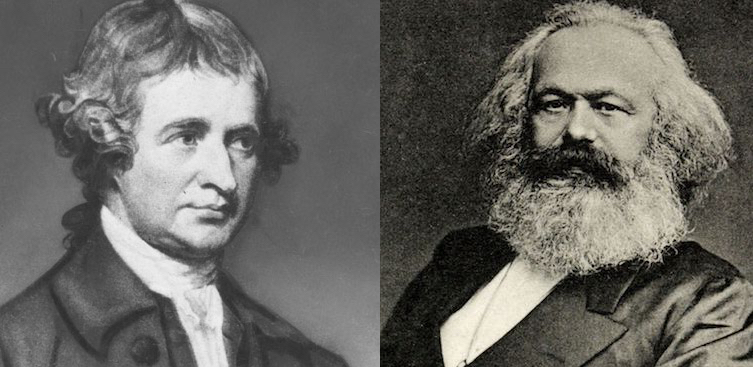By Martin Vogel

What kind of politics do we need? Between left and right populism, it’s perplexing that there’s nothing inspiring emerging from the middle ground.
Is part of the problem that current hopes of an alternative are invested in something called centrism? There’s nothing to lift the spirits in that term. It suggests a bland splitting of the difference between the extremes or, worse, nostalgia for the discredited status quo ante.
Continue reading “Political renewal needs more than bland centrism”





